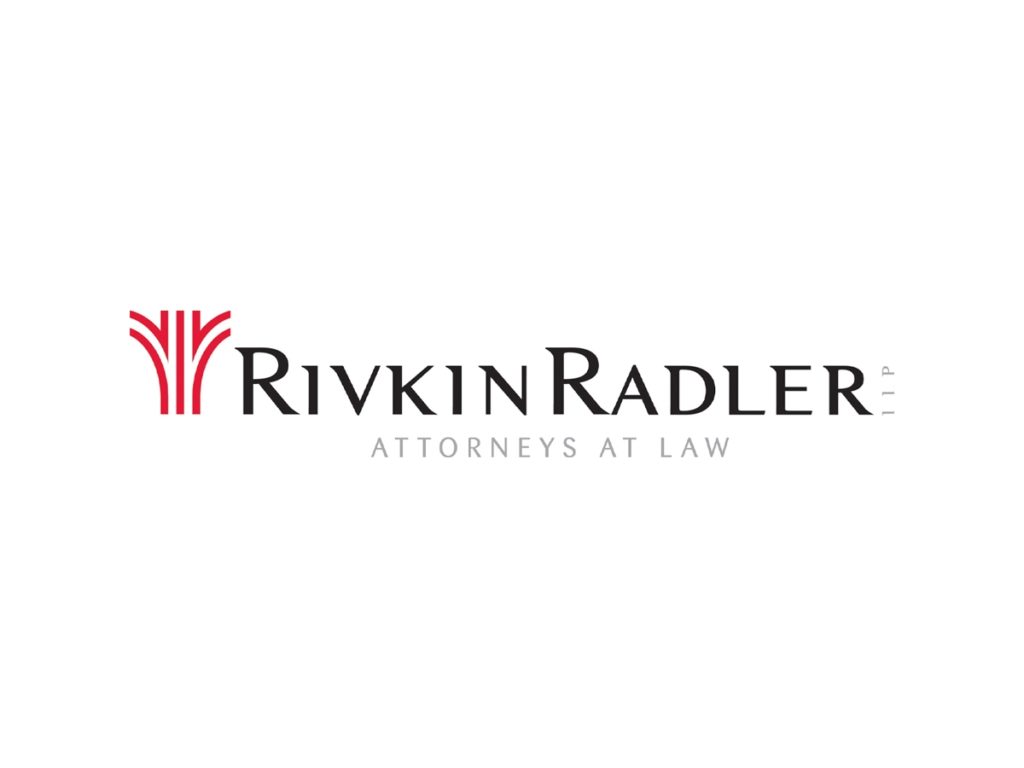Towards the end of 2020, in mid-December, the Federal Trade Commission (FTC) launched “Operation CBDeceit,” a law enforcement measure that challenges allegedly unsubstantiated claims that CBD products could treat illnesses and serious illnesses such as cancer. Diabetes, Alzheimer’s, and more.
At the same time, the FTC announced proposed settlements with six companies claiming gums, lozenges, oils, balms, and other CBD-containing products for the prevention or treatment of serious illnesses and health conditions.
However, in 2020 the FTC also sent numerous warning letters to companies selling or distributing CBD products, instructing them not to make unsubstantiated health claims. Although the pandemic has alerted the FTC to products that purportedly prevent or cure COVID-19, it is likely that the FTC will focus again on health claims related to CBD in 2021.
While the Food and Drug Administration (FDA) has often used warning letters for decades, warning companies of potential violations and taking corrective action before formal enforcement action is taken, the FTC is a relatively new phenomenon. As with the FDA, warning letters from the FTC cannot be ignored. You’re basically a free bite on the apple. Violating FTC law could result in the FTC taking legal action to obtain a federal district court injunction or government order that may require a company to refund money to consumers. In the event of serious ongoing fraud or risk of consumer harm, the FTC may also refer cases to local US law firms or attorneys general for prosecution.
Additionally, numerous class action lawsuits have recently been filed against CBD companies, often based on FTC claims or standards. We can assume that these private lawsuits will last through 2021 – and even increase significantly.
The law
FTC laws prohibit unfair or misleading advertising. In particular, FTC law makes it illegal to advertise that a product can prevent, treat, or cure human disease unless the advertiser has competent and reliable scientific evidence, including, where appropriate, well-controlled human clinical trials, proving the allegations were made at the time they were made.
This obligation to give reasons applies regardless of whether an advertiser disseminates health-related information directly via conventional advertising or indirectly via the use of a product name, a website name or meta tags.
This requirement also extends to consumer reports. It is not enough that an endorsement represents a consumer’s honest opinion or experience. Testimonials are treated as claims by both the FDA and the FTC. Therefore, an advertiser must have and rely on competent and reliable scientific evidence to support health claims, both express and implied, made through the use of endorsements.
CBD warnings
In a series of warning letters, the FTC recently criticized a wide variety of health claims related to CBD as being incorrect or not supported by competent and reliable scientific evidence. The companies sell different products, but a common theme in their advertisements is the emphasis on CBD as a treatment or cure for serious illnesses. Some of the ads even specified conditions like Alzheimer’s, multiple sclerosis, epilepsy, heart disease, and stroke.
The gist of the FTC’s warning letters was that companies should review their product claims – including representations conveyed through testimonials of the health benefits of products containing CBD – to ensure they are supported by knowledgeable and reliable scientific evidence. Like any other advertiser, CBD sellers who make unsubstantiated health claims can be prosecuted.
labeling
Advertisers must not only avoid making unfounded health-related claims about their CBD products, they must not mislabel them or risk a warning letter from the FTC and possible liability under the federal law on food, drugs and cosmetics. There is also a liability risk under state labeling laws.
In a recent case, the FTC warning letter alleged that the products “CBD Salve” and “CBD Oil” are medicinal products within the meaning of the FD&C Act because they are used to diagnose, cure, alleviate, treat or prevent disease and / or intended because they should affect the structure or function of the body.
The FTC noted that the “CBD Oil” products were not labeled as dietary supplements, but that the instructions for use with the phrase “[a]A hemp preparation. “According to the FTC, based on that language, it appeared that the company” intended to commercialize [the] Product as a dietary supplement. “However, the FTC stated that it could not be a dietary supplement because it did not meet the definition of a dietary supplement under the FD&C Act.
The FTC stated that based on the evidence available, the Food and Drug Administration (FDA) has concluded that CBD products are exempt from the FD&C Act’s definition of dietary supplements. According to these provisions, an active ingredient that is approved under the FD&C Act or approved for investigation as a new drug, and products that contain this active ingredient, do not fall under the definition of a dietary supplement. The FTC noted that the FDA was not aware of any evidence to challenge its conclusion that CBD products are excluded from the definition of dietary supplements under the FD&C Act.
The FTC also noted that the product label states that the “CBD Oil” products are to be taken sublingually. It was then explained that the term “dietary supplement” is defined in the FD&C Act as a product “intended for consumption”. Since sublingual products are intended to enter the body directly through the skin or mucosal tissue, they are not intended for ingestion. According to the FTC, this was another reason the “CBD Oil” products did not meet the definition of a diet supplement under the FD&C Act.
According to the FTC, they could not be legally imported or supplied for introduction into international trade as “new drugs” without prior approval from the FDA as described in the FD&C Act.
COVID-19
For much of the past year, the FTC has paid particular attention to claims that products can prevent or cure COVID-19, even if the product is a CBD-based product.
A few months ago, the FTC sent a warning letter to a California CBD company regarding allegations the FTC had labeled “unsubstantiated” related to the treatment or prevention of coronavirus.
The FTC warning letter indicated that FTC employees had checked the company’s website and Facebook page and found that the company was “illegally promoting the treatment or prevention of certain products. . . COVID-19. “As an example of a COVID-19 treatment or prevention claim, the FTC cited the following:
Did you hear the good news?!?!?! CBD is being studied as a possible preventive and active treatment for COVID-19. Researchers at the University of Lethridge in Canada have found that CBD can prevent the SARS-COV-2 virus from entering human cells by attaching to or altering the S protein that gives the virus access to our bodies .
The FTC stated that it is illegal under FTC law to advertise that a product can prevent, treat, or cure disease in humans unless the advertiser has competent and reliable scientific evidence, including well-controlled clinical evidence , provided that. Human studies to support the claims at the time of their making. It then states: “No such study is currently known for the above-mentioned products for COVID-19.” The FTC’s letter therefore concluded that “claims related to the prevention or treatment of coronavirus in relation to such Products that are not supported by competent and reliable scientific evidence ”and the advertiser“ must immediately discontinue all such claims ”.
It is important to note that there is no need to explicitly state COVID-19 claims. An ad highlighting a blue or red ball with spikes symbolizing the virus itself can be as important to the FTC as the health claims made. And given the ubiquity of this symbol, there may even be other objections from the FTC.
Class actions
FTC warning letters aren’t the only legal issues CBD companies face due to their advertising, promotional, and labeling activities. The underlying basis of the FTC warning letters against these companies has led to a number of class action lawsuits against CBD companies, typically alleging claims arising from the marketing and advertising of the products, as well as fraud, false advertising, fraudulent trading practices and the like become.
While these actions are generally in the early stages, defending a class action lawsuit can be a significant investment of time and financial resources for managers and employees. Following the FTC rules can help reduce the risk of private class action lawsuits.
Conclusion
As Operation CBDeceit and the other FTC measures discussed above should make clear, there are significant risks for companies making unsubstantiated health claims about CBD products. Given the FTC’s review of these claims, businesses should be discouraged from making these claims – but they should not necessarily be discouraged from selling their goods.
By now, consumers are already realizing the benefits of CBD, and all it can be said is that one company has CBD products for sale. All that needs to be done is to properly label and package these products, see customer orders.
You may also like
-
CBD Treatment Solutions | Natural Healing Power
-
Exploring Cannabis Treatments for Insomnia: A Night Owl’s Guide to Sweet Dreams
-
CBD Oil Health Benefits: A Guide to Wellness and Vitality
-
Unlocking the Healing Potential: Cannabis CBD Oil Treatments Demystified
-
World CBD Pet Market 2021 Measurement, Improvement Technique, Evaluation, Alternative Evaluation, Key Gamers and Tendencies by Forecast 2026: Canna-Pet, CBD Dwelling, Charlottes Internet, Fomo Bones – KSU

